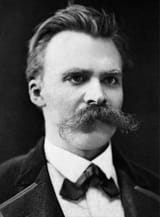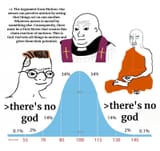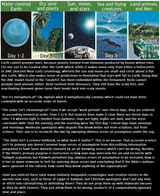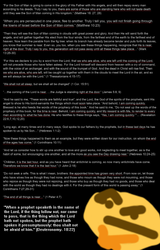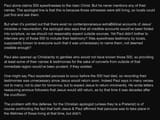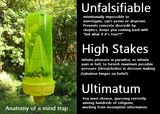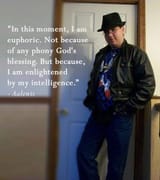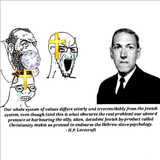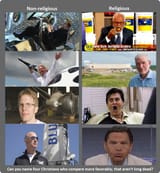>>24487424 (OP)
The world has changed too much for old illusions to return. Once people have seen through a belief system—whether religion, nationalism, or the myths of progress—they can’t unsee it. Even if they try to revive tradition, it feels artificial, because they now recognize it as something constructed, not something absolute. This is why modern attempts at religious or cultural revival feel forced, hollow, and self-conscious. The comfort of the past was based on not knowing—people believed because the world around them reinforced their beliefs as unquestionable truth. But once an illusion is shattered, it loses its power. No matter how much people long for the simplicity of faith, authority, or collective identity, the modern mind is too aware of contradictions, alternatives, and the sheer complexity of reality to return to blind belief.
This collapse of illusion is painful, but it’s necessary. People are being forced to face reality without the comforting myths that once structured human life. For many, this creates despair, nihilism, or reactionary attempts to reconstruct the past. But the only real way forward is transcendence—going beyond the need for illusion rather than trying to resurrect it. Instead of clinging to outdated belief systems or sinking into nihilism, individuals must develop a deeper, self-sustained sense of meaning—one that doesn’t depend on external myths. This is the true test of the modern era: whether people can evolve beyond illusions without falling into hopelessness. Most will struggle with this transition, but for those who succeed, a new kind of existence is possible—one based on clarity, direct experience, and inner stability, rather than on borrowed fantasies.

